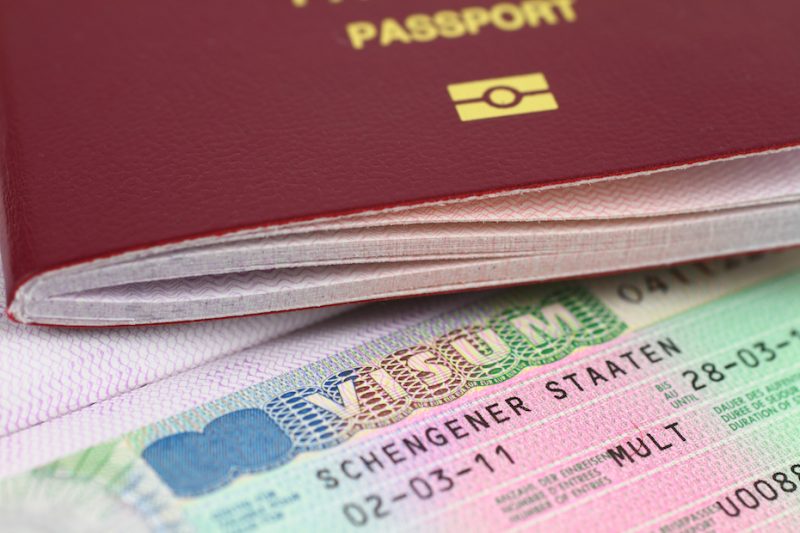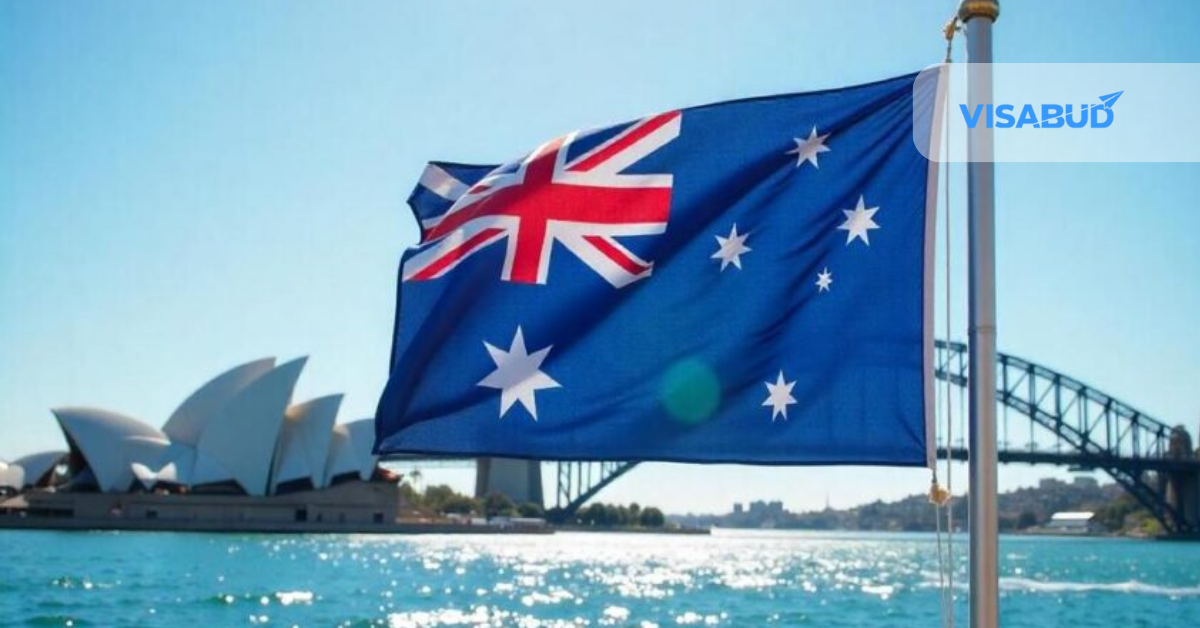On Monday, the European Union revealed a new “cascade” system wherein Indians are now eligible to receive long-term, multi-entry Schengen visas lasting two years. This privilege is granted after acquiring and appropriately utilizing two visas within the preceding three years. The Schengen visa facilitates entry into 29 European nations, among them France, Germany, Spain, and Italy.
The travel sector expressed appreciation for the revised Schengen visa regulations for Indian travelers, yet noted that the adjustments might not yield immediate advantages for those eager to journey to Europe and perturbed by persistently lengthy appointment wait times for the third consecutive year. Nevertheless, industry leaders anticipate that the reforms will stimulate travel among frequent visitors to the continent and ultimately reduce visa processing queues in the future.
On Monday, the European Union unveiled a new “cascade” regime, enabling Indians to obtain long-term, multi-entry Schengen visas valid for two years. Eligibility requires having lawfully utilized two visas within the preceding three years.
The Schengen visa grants entry to 29 European countries, such as France, Germany, Spain, and Italy. It must be issued by the country serving as the point of entry. After a two-year visa, holders meeting passport validity requirements typically qualify for a five-year extension, as per the recent announcement. Visa holders will have travel privileges akin to those of nationals from visa-exempt countries.
Madhavan Menon, executive chairman of the Thomas Cook India Group, emphasized that the initiative will enhance convenience and encourage customers to return, thereby amplifying its impact on the travel and tourism sector.
Subhash Goyal, chairman of STIC Travel and Air Charters Group, proposed that e-visas could present a superior solution.
“To be eligible for the long-term visa, travelers can still expect delays in scheduling appointments, especially for countries with limited availability,” he observed. At present, appointment scheduling entails a wait of one to two months, often resulting in frequent travel plan cancellations.
Relief is expected by next year.
Travel industry leaders have noted a scarcity of visa appointment openings in Delhi for destinations like Iceland, Portugal, and Hungary.
Visa appointment availability varies across different cities. In Delhi, waiting times for slots can stretch to 35-40 days for countries like Italy and Austria, and up to 90 days for Germany. Meanwhile, in Mumbai, securing a German visa appointment might entail a wait of over 50 days. Kolkata doesn’t have slots available for France, Iceland, Portugal, Hungary, and Norway.
Rajiv Mehra, president of the Indian Association of Tour Operators, emphasized that relief from the ongoing visa wait will only be realized next year.
Jyoti Mayal, vice chairperson of the Federation of Associations in Tourism & Hospitality (FAITH), highlighted the challenges faced by Schengen countries in meeting the demands spurred by Indian tourism.
“Indian travel agents point out delays as a major hurdle,” she elaborated. “These delays stem from the backlog of applications and the processing time required by embassies. Appointment schedules are also booked to capacity.” Despite these challenges, Vijay Kesavan, founder and CEO of StampThePassport, remains optimistic, citing numerous inquiries received on Tuesday regarding the developments.
“It seems there’s considerable interest in exploring this option,” he observed. “It’s a prudent move that stands to benefit frequent travelers. Embassies face impracticality in staffing up solely for the peak summer season, hence they’re exploring solutions like this.”
Stay updated on visa news by staying connected with VisaBud!



